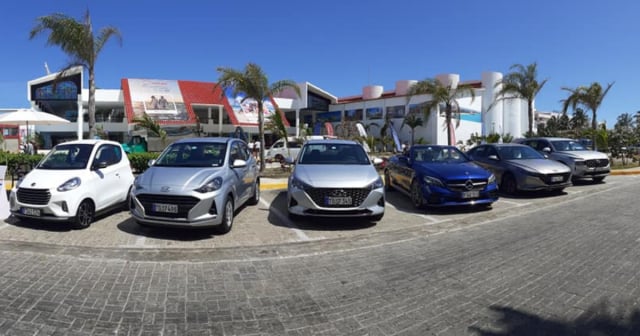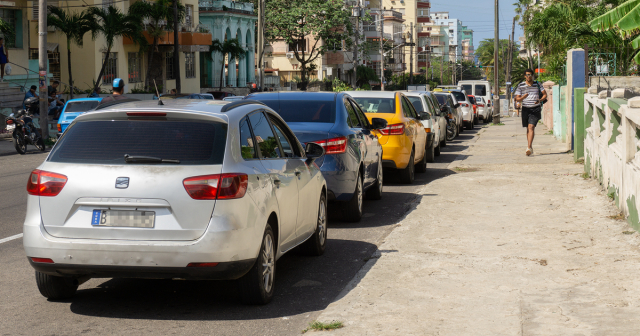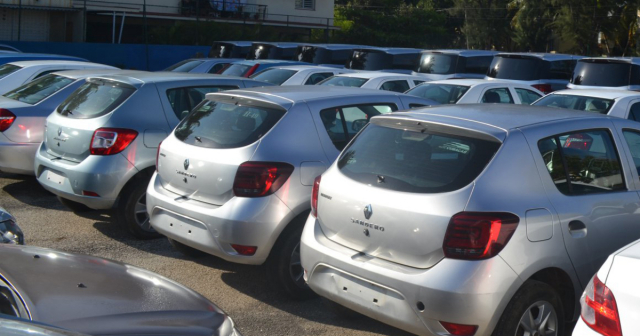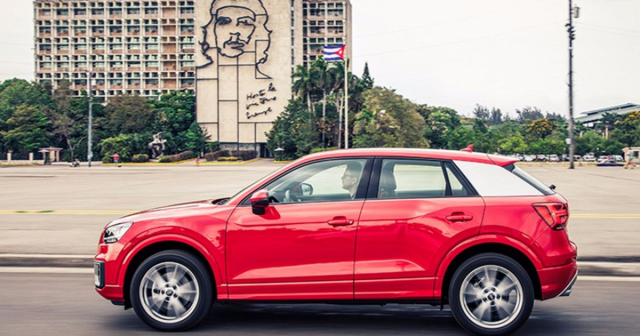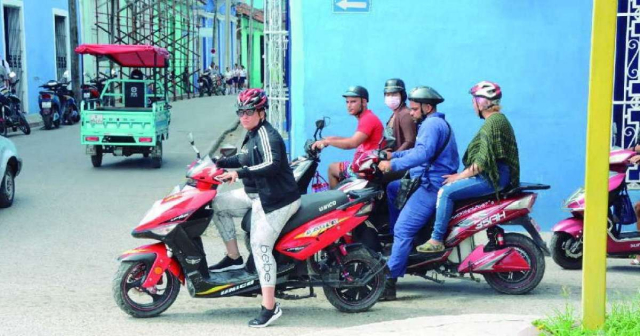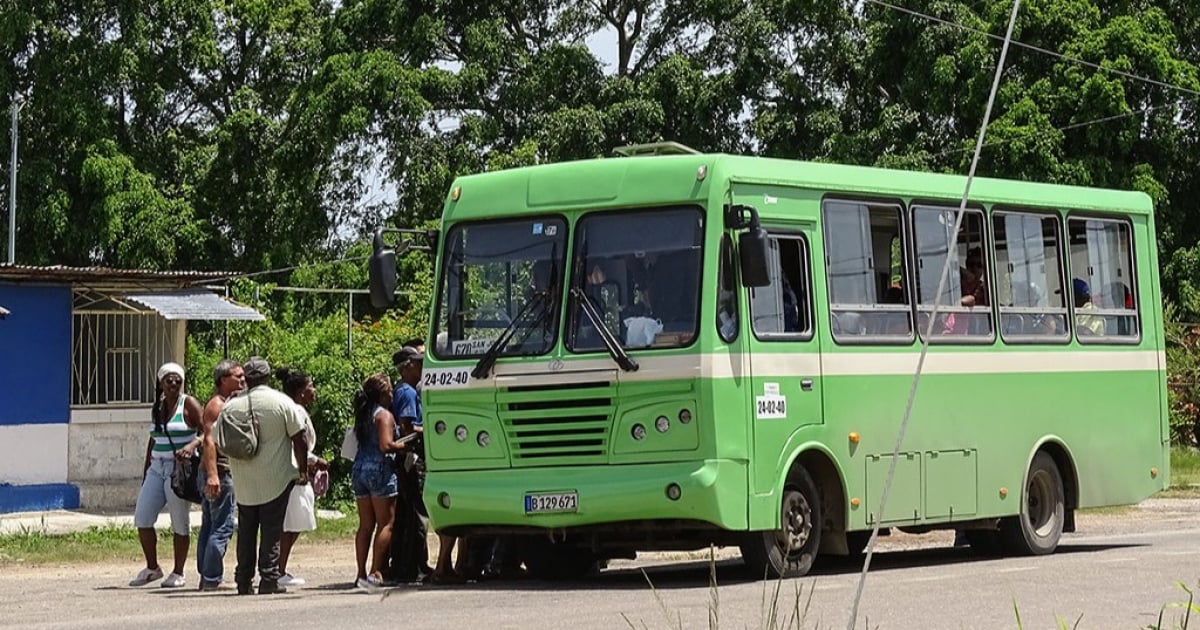
The Cuban government has leased 750 buses to private entrepreneurs for the transportation of passengers, a measure that somewhat alleviates the crisis facing public transportation on the Island.
Eduardo Rodríguez Dávila, head of the sector, explained that the objective of leasing state vehicles to non-state management forms was to recover cars in poor condition that were not operational and required investments for their repair, which would be handled by the lessees, as well as the ongoing expenses to keep the vehicles running.
"By the end of June 2024, 750 buses and 106 semi-buses had been leased in the country, of which 551 (73.5%) and 49 (46.2%) were already in operation, respectively," it detailed on Facebook.
Four provinces account for 61.5% of the leased media: Santiago de Cuba (302), Holguín (289), Granma (223), and Guantánamo (129). The territories with the lowest incidence are: Isla de la Juventud (1), Sancti Spíritus (9), Mayabeque (15), and Artemisa (17).
The leader acknowledged that the rented vehicles have played an active role in transportation, both locally and nationally.
However, they are accused of bringing about disorganization, irregular access to fuels and other materials, lack of discipline, and deregulation of prices. "This last point generates misunderstanding among the population since these are state vehicles," he said.
Rodríguez Dávila stated that it is necessary to "resolve these irregularities" and announced upcoming actions "to bring order to this important alternative."
What do you think?
COMMENTFiled under:


